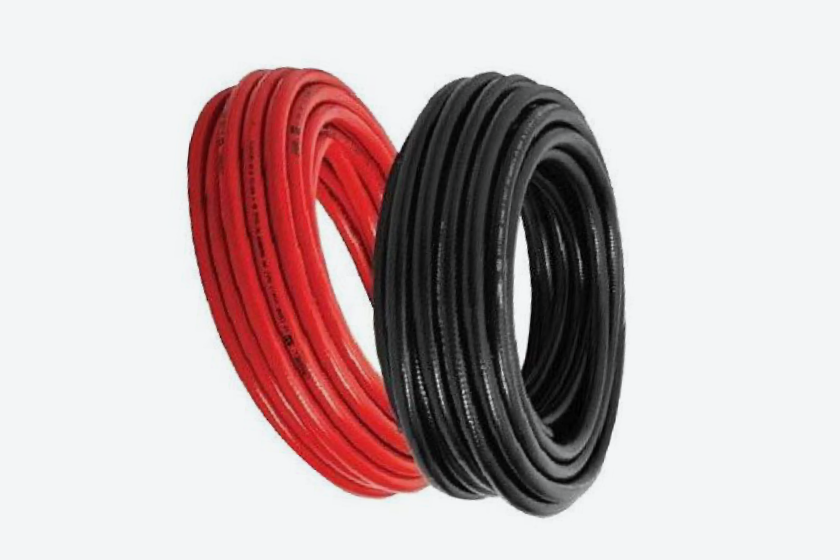Thermoplastic Hydraulic Hose
What is Thermoplastic Hydraulic Hose?
Thermoplastic Hydraulic Hose is often used in industrial equipment, and they are widely used in medium-to-high pressure hydraulic applications. These hoses are often prescribed for handling compressed air and other gases, transporting chemicals, and in water-cleaning and paint-spray operations.
Usually, this type of hose has an inner tube with one or more layers of reinforcement and a protective cover.
What BOA Hydraulics offer
Whether you have agricultural machinery, safety equipment, rescue, and material handling equipment, or earthmoving equipment that works on any hydraulic hose high pressure, you can rest assured that BOA has you covered. We stock high-quality thermoplastic hydraulic hoses for all manner of applications.
Our range covers both standard black and orange non-conductive thermoplastic hose to cover nearly all applications where a thermoplastic hose is required.
Two Braid Thermoplastic Hose
Application:
Thermoplastic Hydraulic Hose is used in high pressure hydraulic Lines with 100 to 420 bar. It is compact, high pressure, lightweight, and low change in length. It is also suitable for hydraulic application with increased resistance to abrasion. Such as petroleum, synthetic or water-based fluids in hydraulic systems.
Suitable for Agricultural machinery, Earthmoving, Safety, Rescue, and material handling equipment.
Applicable Standard: SAE 100 R8 / DIN EN 855
Core: The core consists of Thermoplastic Elastomer or TPE. TPE Is a mixture of plastic and rubber properties that creates a longer life and better physical range than other material
Reinforcement: 2 braids of Aramid fiber. These fibers are heat-resistant, non-conductive, and have extremely high tensile strength.
Cover: It is covered with Polyurethane. Polyurethane is a plastic material but can be tailored to be either rigid or flexible.
Continuous: Thermoplastic hose can take -40°C to +100°C but it should not exceed +70°C for air and water-based fluids.
Get in touch to find out what our friendly team can do for you!

